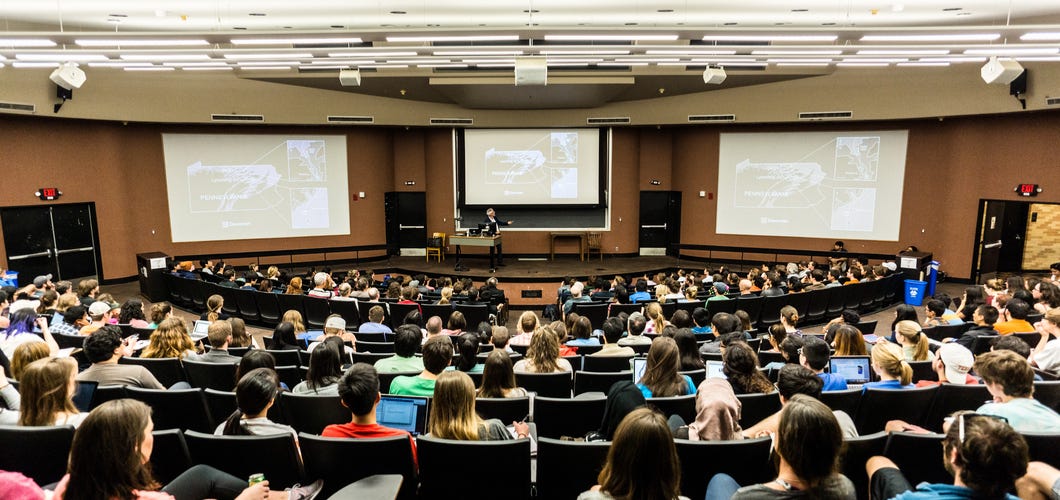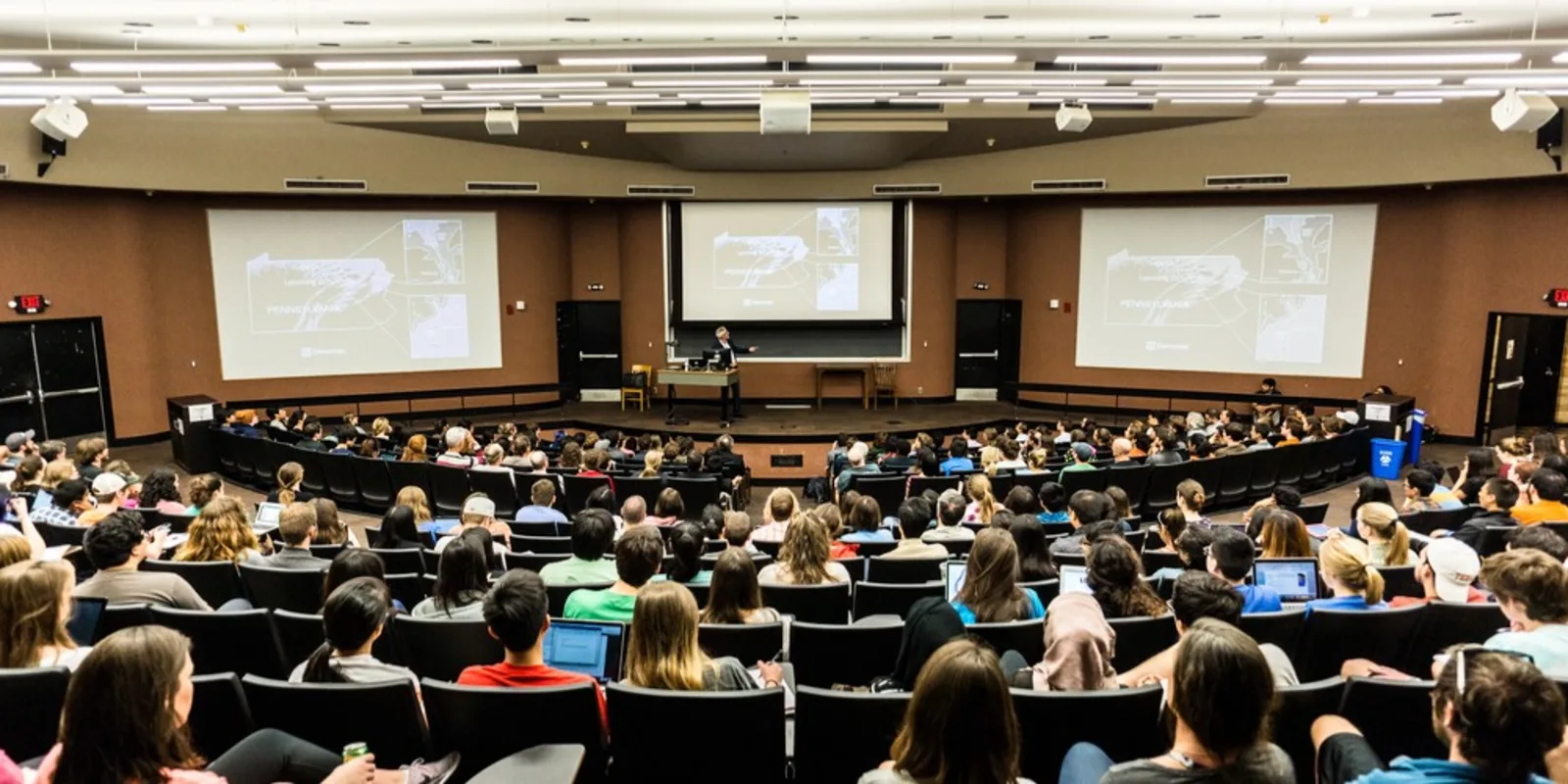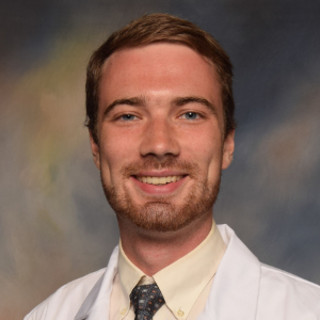
The past year of my life has taught me a lot about medicine. Not only because it has included everything from M2 lectures about basic science topics, to weeks of intense studying for Step 1, to the start of hospital-based clerkships — but also because of the broader conversation about healthcare going on in this country right now.
Over the past year, the medical community has been almost unanimous in opposing the federal government’s attempts at healthcare “reform.” When the current administration took over in January of this year, I was a second-year at Tulane University School of Medicine in New Orleans, Louisiana. The White House and Congressional leadership quickly began their attempts to repeal the Affordable Care Act or “Obamacare.” As you’ll recall, there have been multiple, multiple iterations over the past nine months — from pure repeal, to repeal-and-replace, to Graham-Cassidy, to the latest attempts at sabotage by executive order. As a student, the timing of these developments has been… taxing, to say the least.
The assaults began just as my class hit our designated Step 1 studying time. While there is certainly no ideal time to beat back attacks on democracy and health as a human right, personally this was definitely inopportune. It became incredibly difficult for me to focus on pulmonology, anatomy, or infectious disease as Congressional leadership worked to slash healthcare budgets, throw millions off their insurance, and restore a punitive, antiquated model of “health as a privilege” for those who could afford it.
In fact in was impossible. In March, I put out a call to my med school classmates to see if anyone else was as worried as I about what Congress & the administration had planned for healthcare in America. To my surprise, people showed up in droves. And not only med students, but other professionals in the allied health sciences, and even community members with no connection to healthcare at all. People were aching for something to do — some way to prevent this assault on health as a human right. For the medical students it was painfully obvious — as future doctors we have an obligation to “do no harm,” especially by turning the sick away in their hour of need. But even those with no direct link to the medical community felt a visceral need to oppose what Congressional leaders were proposing.
One evening we all got together to learn about how to best engage with our elected officials and to plan the next steps in protecting the ACA. My heart swelled with pride and gratitude for the commitment my peers and others were showing. Medical school can be a very solitary experience at times. Hours studying quietly in libraries, trying to avoid distractions, can isolate you from your friends and classmates. But here we all were — with the pressures of Step 1 looming — united in our belief: that the availability of work in your community, that your income level, or documentation status should not determine whether you get to lead a healthy life.
Shortly after our teach-in and strategy meeting, we put our new skills to the test. During a Congressional recess, our Senator held a town-hall meeting at a nearby library. Out the med students came — from our libraries, clinics, lecture halls, and hospitals. With signs and posters, in our scrubs and white coats, to fight for equal access to health and to build the healthcare field in which we would want to practice in the future. Knowing the pressure my classmates were under from preceptors, looming exams, and Step 1 for myself, I was incredibly impressed and energized by their commitment. One of my classmates even stood to give a speech inside the town hall about the people we see every day in emergency room and was met with thunderous applause. We won that battle — and as the assaults from Congress and the administration kept coming, we continued to meet their challenges.
I’ve learned so much in the past year: about drugs and their mechanisms of action, about organs and their functions, about different specialties and how they fit into healthcare overall — but also about who my colleagues are and where we’re headed as a group. In medical school it can be tough to see the light at the end of the tunnel, buried in books and holed up in tiny “study cupboards” for four years. But this year I have seen it. I have seen my peers excuse themselves from clinic, delay reading that next chapter — maybe lose a few points of that test — to do what is right. And it makes me hopeful for the future of medicine; for what kind of doctors we will be.
While the past year has been incredibly trying, and even now our leaders continue to try to strip people of their right to health, it has also be incredibly empowering. It has shown what we can do when we work together as a medical community: we can win. Win for our patients and for equality — and we’ll continue winning, as long as we continue to listen to our patients and continue to work together. It is my hope that it will make us into better leaders and better clinicians — to create the healthcare system America needs.
Keanan McGonigle is a third year medical student at Tulane University School of Medicine in New Orleans, Louisiana. Before medical school he graduated with his Master of Public Policy from the Batten School of Leadership & Public Policy at the University of Virginia. He has no conflicts of interest to declare.







